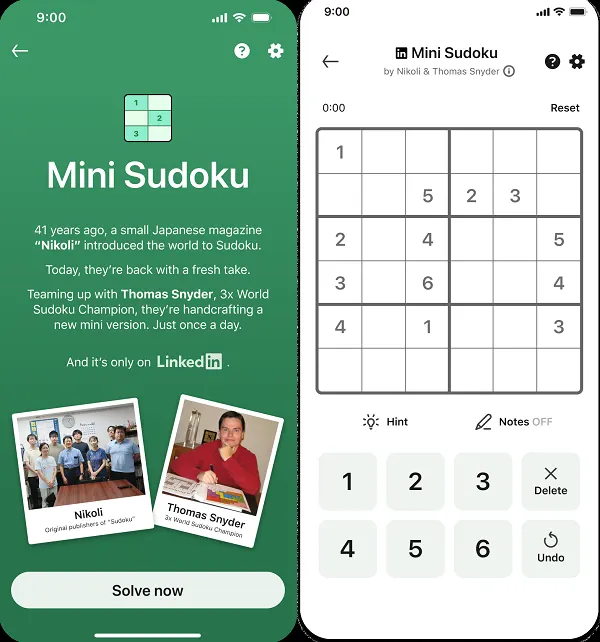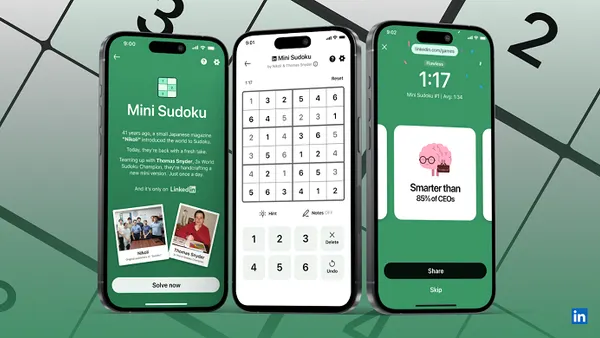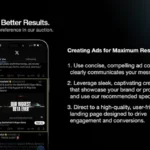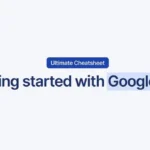LinkedIn has introduced Mini Sudoku, the latest addition to its growing suite of in-app games. This compact version of the classic puzzle offers professionals a fast, stimulating challenge designed for short daily breaks. By combining brain-boosting fun with networking potential, the platform continues to explore innovative ways to deepen user engagement while maintaining its professional essence.

A Fresh Take on Sudoku
Unlike the traditional nine-by-nine Sudoku format, LinkedIn Mini Sudoku presents a six-number puzzle grid. This streamlined design makes it easier to play quickly without losing the intellectual challenge. Players still follow classic Sudoku rules: numbers cannot repeat in rows, columns, or designated boxes.
The reduced format allows puzzles to be completed in just a few minutes, making the game suitable for quick breaks during work. Additional features, such as note-taking options and hints, help make the experience accessible for both beginners and seasoned puzzle enthusiasts.
Designed for Busy Professionals
LinkedIn created Mini Sudoku to cater specifically to professionals who want quick mental stimulation without losing focus on their daily tasks. Each puzzle takes only two to three minutes to complete, encouraging short bursts of play rather than long, time-consuming sessions.
This design aligns with the platform’s broader vision. LinkedIn aims to provide users with micro-moments of refreshment, giving them opportunities to pause, reset, and return to work with sharper focus. By doing so, the network maintains its professional reputation while enhancing user satisfaction.
Strong Engagement Metrics
Early performance shows impressive retention rates. Around 86% of players return the next day to play again, while 82% continue after one week. These numbers highlight Mini Sudoku’s potential as more than just a distraction—it is becoming part of users’ daily routines.
Millions of professionals are reportedly engaging with LinkedIn’s games, though exact daily user counts remain undisclosed. Among these groups, Gen Z has emerged as the most active audience. Their affinity for mobile gaming and quick entertainment makes them a natural fit for the platform’s growing game ecosystem.
Expert Collaboration
The development of Mini Sudoku was not a casual decision. LinkedIn worked alongside a renowned puzzle publisher and a three-time world champion in Sudoku. This collaboration ensured that the game was both authentic to its heritage and refined for modern, mobile-friendly experiences.
By bringing puzzle expertise to the table, LinkedIn signaled its commitment to quality. This is not just a side feature but a carefully designed element intended to provide meaningful engagement for users across the platform.
Games as a Networking Tool
Although Mini Sudoku is a game, it is designed to encourage professional interaction. LinkedIn envisions users competing with colleagues, challenging friends, and sharing achievements. These friendly competitions can spark conversations, foster collaboration, and create new networking opportunities.
For teams, the game provides a light-hearted way to connect. Quick puzzle sessions can serve as icebreakers in virtual meetings or offer casual interaction during breaks, helping build rapport beyond professional discussions.
Balancing Play and Professionalism
LinkedIn’s move to expand in-app games has raised questions about its balance between work and play. Company executives emphasize that the platform is not becoming a gaming hub. Instead, these small, intellectually stimulating games are meant to provide balance, not distraction.
Mini Sudoku represents a careful balance: offering enjoyable, accessible entertainment without overwhelming the platform’s core mission. The game is positioned as a tool for refreshment, not a replacement for LinkedIn’s professional features.
Gen Z and the Future of LinkedIn Gaming
Gen Z is currently the fastest-growing demographic on LinkedIn, and their habits strongly influence platform evolution. With their preference for digital interaction and casual mobile gaming, this group is expected to shape the success of LinkedIn’s game strategy.
By introducing Mini Sudoku, LinkedIn shows that it understands generational trends. Younger professionals value moments of play and quick challenges, and LinkedIn is aligning its tools to meet these expectations. This approach strengthens the platform’s relevance for the next wave of professionals.
Part of a Larger Strategy
Mini Sudoku is not a standalone effort but part of LinkedIn’s broader strategy to build engagement through gamification. Previous games on the platform, including logic puzzles and trivia, already attract millions of users. Adding a well-known format like Sudoku expands this portfolio and enhances variety.
This strategy reflects an industry-wide trend: major platforms are using casual gaming to increase retention and daily active usage. By integrating quick, enjoyable experiences, they create reasons for users to return consistently. For LinkedIn, this translates into deeper engagement and stronger community interaction.
The Professional Edge
Unlike traditional gaming apps, LinkedIn integrates games into a professional context. The platform ensures that each game remains light, mentally engaging, and time-efficient. This helps professionals avoid feeling guilty about spending time on the app. Instead, they view the activity as both fun and intellectually beneficial.
Mini Sudoku, in particular, appeals to users seeking productivity alongside enjoyment. It represents a small investment of time with a meaningful return: mental refreshment, sharper focus, and potential networking opportunities.
Final Thoughts
The launch of LinkedIn Mini Sudoku reinforces the platform’s innovative approach to professional engagement. By blending entertainment with networking, LinkedIn continues to push boundaries beyond traditional job searching and career development.
With its compact design, strong retention, expert collaboration, and potential for fostering connections, Mini Sudoku positions itself as more than just a puzzle. It is a strategic tool that helps LinkedIn strengthen user loyalty while keeping its professional focus intact.
As professionals adapt to fast-paced digital environments, small but meaningful features like Mini Sudoku may become essential to their daily routines. LinkedIn has made a clear statement: it is possible to combine productivity, entertainment, and connection in a way that feels natural and beneficial to working professionals.




